Tube workers join drivers in London Underground for strike on 'budget day'
The UK's National Union of Rail, Maritime and Transport Workers (RMT) has announced a plan to take industrial action this month to bring London Underground to a halt over pensions, job losses and contracts.
The RMT announced on Tuesday that London Underground staff are to strike on March 15. The strike will be the first this year in London by the union.
Tube workers, who are forced to work in dire conditions, deserve decent pay and job security, RMT's general secretary Mick Lynch said in regard to the workers' dispute with the employers.
"Our members will never accept job losses, attacks on their pensions or changes to working conditions in order to pay for a funding cut which is the government's political decision.
"Tube workers provide an essential service to the capital, making sure the city can keep moving and work long hours in demanding roles.
"In return they deserve decent pensions, job security and good working conditions and RMT will fight and tooth nail to make sure that's what they get."
The RMT said that London Underground had begun laying off 600 station staff and “refused to rule out attacks on pensions or ripping up agreements on conditions of work.”
The latest strike will fall on the day Chancellor of the Exchequer Jeremy Hunt is expected to deliver his budget to the House of Commons.
Most services were already unlikely to run on March 15 because of the strike announced by Tube train drivers in the Aslef union last week.
The UK has faced a series of industrial actions across many sectors of the economy amid a worsening cost of living crisis in the country.
The rate of inflation in the UK reached 11.1 percent in October 2022, a 41-year high.
The high inflation affected the affordability of goods and services for households, putting them in a tough position to spend money for purchasing food or heating their homes during the cold winter months.
Elsewhere, all across the European continent people are struggling to pay their bills as the cost of living crisis continues to aggravate amid the raging Ukraine war which entered its second year this month.
The crisis in Europe started with the energy shortage triggered by the Nord Stream pipelines' fiasco, but the cost of living crisis "has now spread to all sectors and is affecting all of Europe and further afield," according to a Sunday report published by Euro News.
There are several dimensions to the crisis but the one that most European leaders stress and affects households the most is "food price inflation", the report said, pointing to the staggering rise in food prices in several European countries.
VIDEO | Pakistan Senate condemns ‘hexagon of alliances’ as Indian PM visits Israel
VIDEO | Founder of French pro-Palestine NGO appears before court
VIDEO | Modi’s Israel visit sparks opposition, domestic backlash
VIDEO | Continuous war on media in occupied West Bank
Kabul rocked by explosions as Pakistan launches airstrikes
Iran Armed Forces warn US of severe consequences for any aggression
VIDEO | Iran, US move ‘closer to agreement’ after ‘serious, longest’ round of talks: FM
Israeli army chief privately warns of cost of new war with Iran: Report


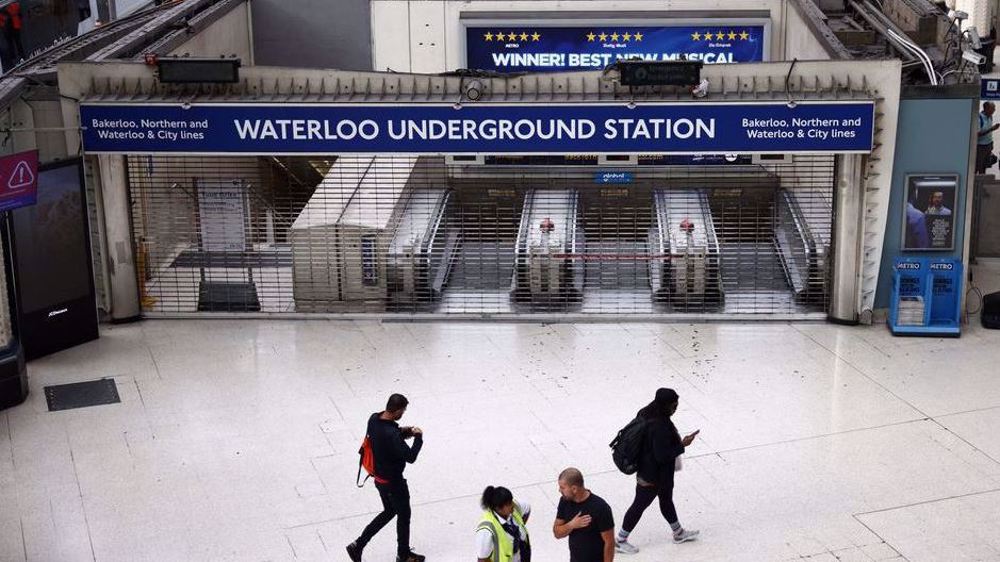
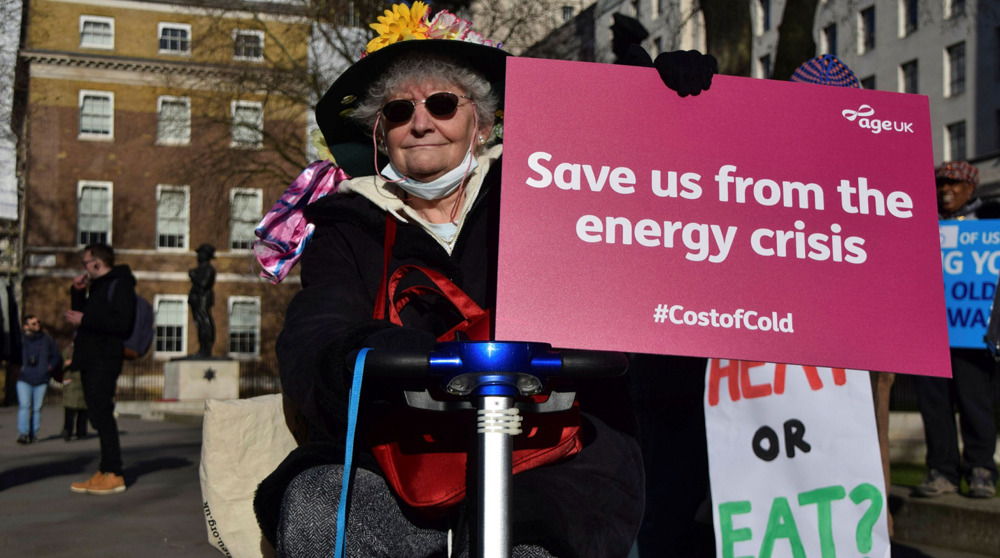
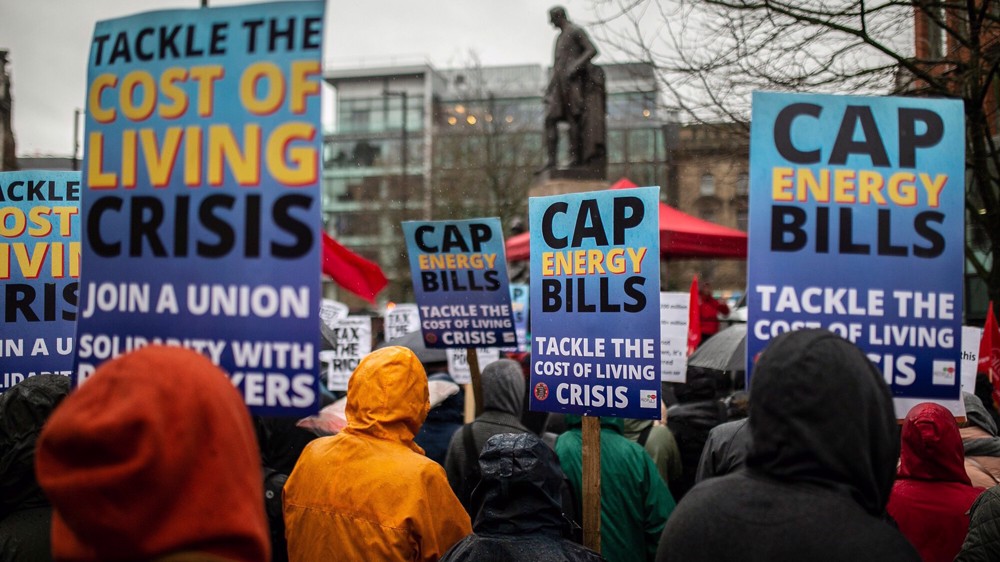
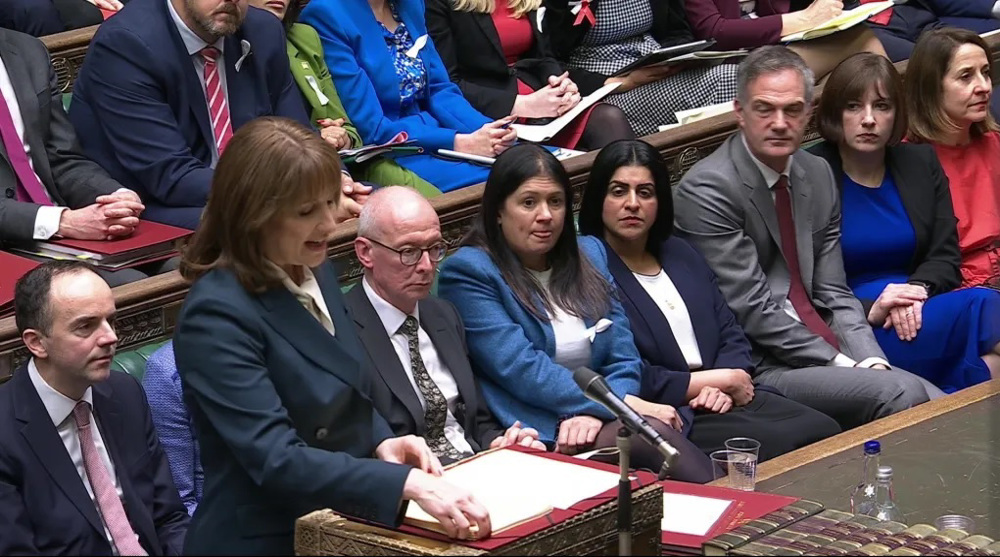






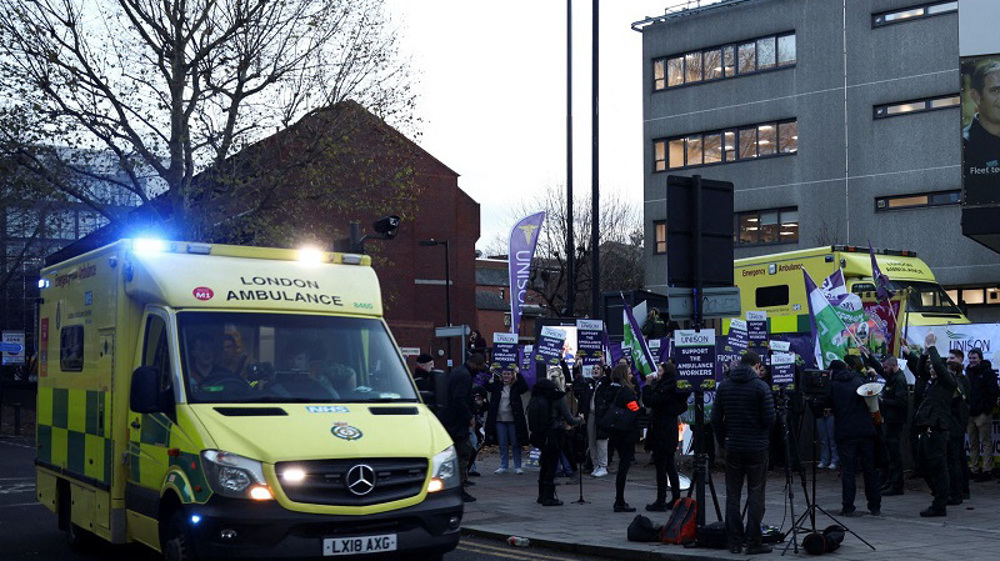

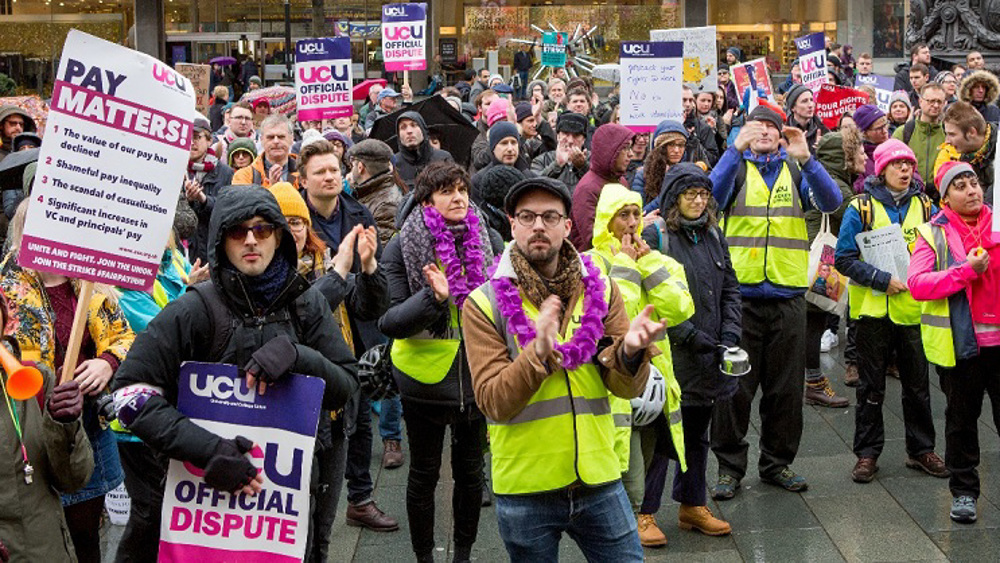

 This makes it easy to access the Press TV website
This makes it easy to access the Press TV website